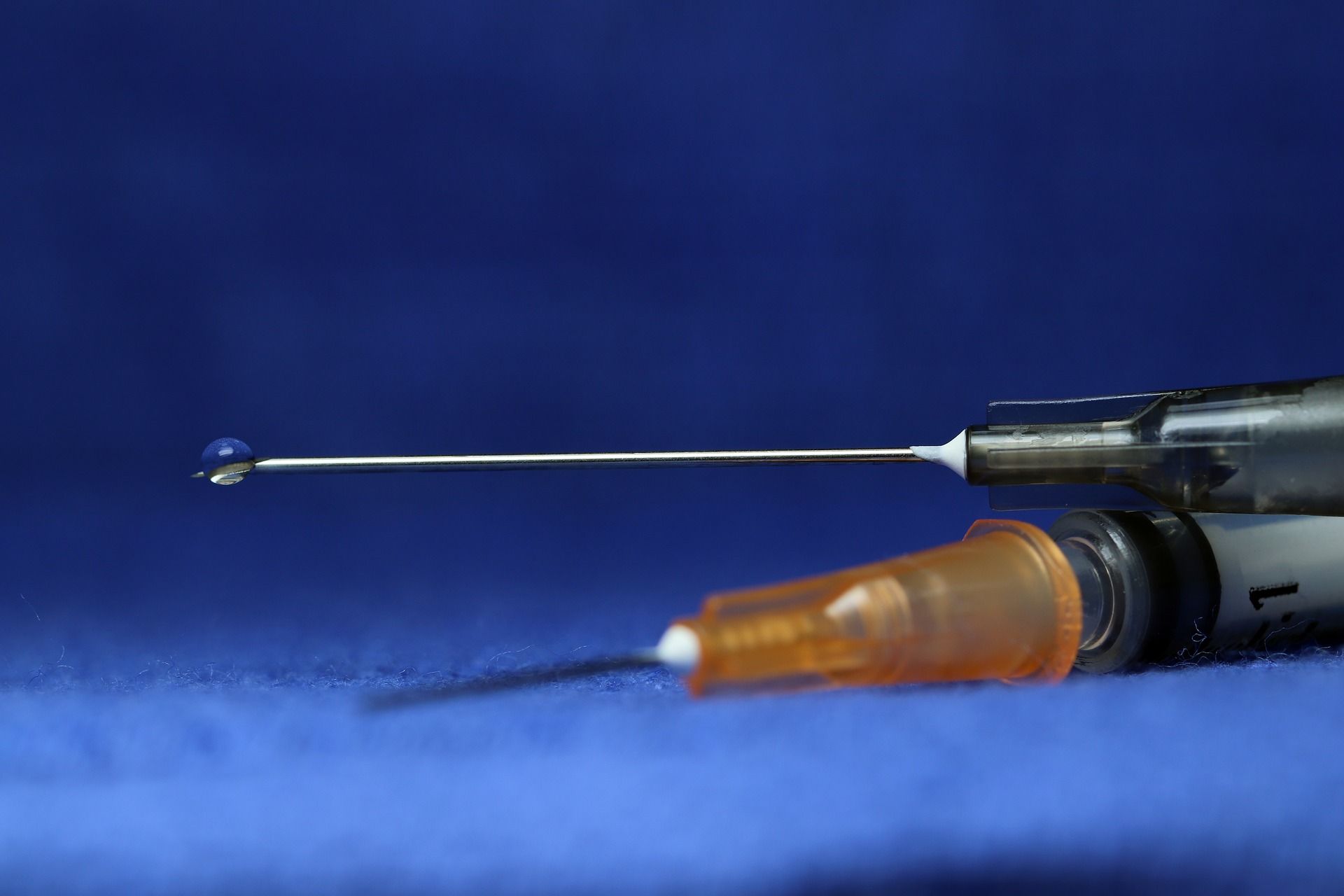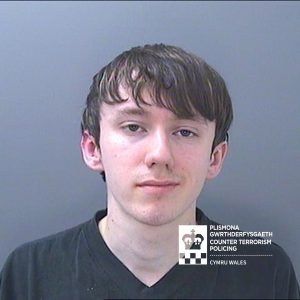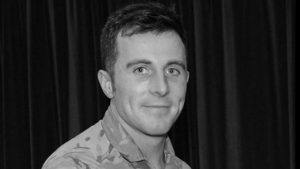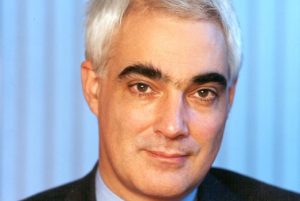The UK will become the first country in the world on Tuesday to start
the process of mass vaccination by rolling out the Pfizer-BioNTech vaccine,
initially making the jab available at 50 hospitals, reported Reuters.
The National Health Service (NHS) will be prioritizing vaccination for
those over the age of 50 years, frontline healthcare workers and nursing home
staff as well as residents.
The process immediately after administering the vaccine
Using the cutting-edge messenger RNA (mRNA) technology wherein the
messenger RNA’s – synthetic molecules that hack into human cells – develop
human cells into vaccine-producing units, the vaccine uses a manufactured
fragment of the coronavirus’ genetic code which is injected into the arm. The
vaccine consists of two doses, three weeks apart from each other. The vaccine
has displayed a 95% efficacy, translated to protecting 95 recipients out of 100
from contracting COVID-19.
Also read: Antibodies in mucous membrane may help early COVID-19 immune response, says study
Side-effects were, as reported by Reuters quoting Pfizer, mild to moderate
and cleared up quickly. The most severe side effects reportedly took place
after the second dose, and turned out to induce fatigue in 3.8% of volunteers
and headache for 2%.
Long-term protection
The vaccine is reported to prevent COVID-19 seven after the second
injection is administered – which stands to be about a month after the first
shot.
The trials have not been designed to predict whether an immunized person
can further spread the disease, as the COVID-19 vaccines were focused on the drug’s
efficiency in stopping people from falling ill. In case other diseases,
Hepatitis for example, provides such protection, termed sterilizing immunity.
Currently, the vaccination is yet to give an estimate as to how long a person is
safe from COVID-19 after getting the vaccine.
How long till normalcy?
Since no vaccine candidate has, till now, been able to secure 100% efficacy
and neither has it been proved that the jabs prevent transmission. Experts have
called for the continuation of practices such as hand washing or sanitizing,
wearing masks, and maintaining social distance.
Also read: ‘Feel privileged’, says 90-year-old Briton after receiving world’s first COVID vaccine
“As with all vaccines, it
may work really great in certain patient subsets, but not as well in others …
Does that mean you are free to hop on a plane or have 30 people over at your
house? Probably not,” Reuters quoted Dr Michelle Barron, senior medical
director for infection prevention at Colorado’s UCHealth, as saying.







